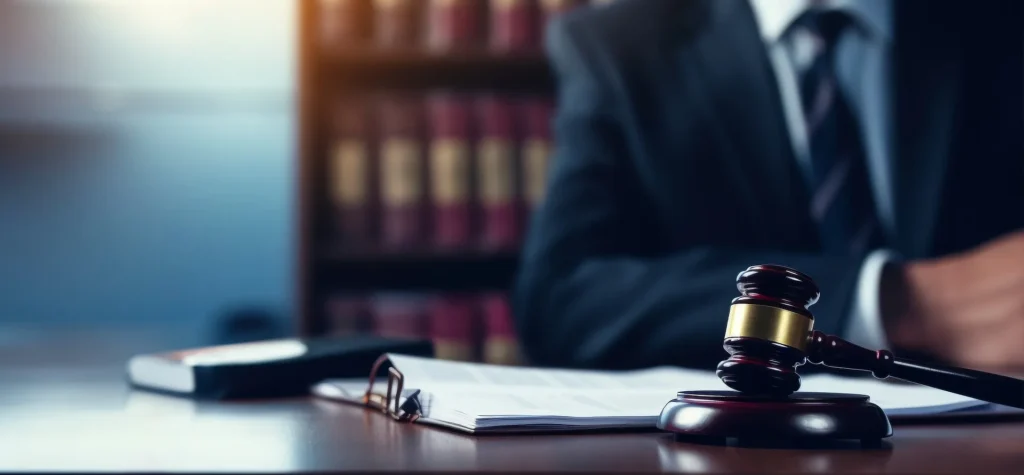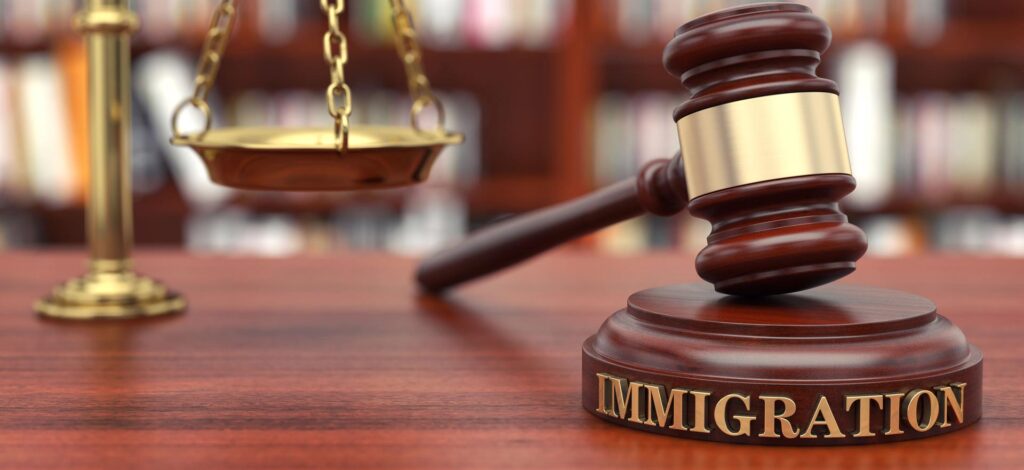Dental Negligence Claims
Expert, compassionate and trusted legal advice
for all Dental Negligence Claims
Contact our expert dental negligence claim solicitors today to discuss your case.
Request A Callback
Highly Experienced team
Your Trusted Dental Negligence Claims Solicitors
If you’ve suffered an injury or discomfort due to a dentist’s mistake, you might be eligible for a dental negligence claim. Dentists in Ireland are held to high standards, as they are recognised as medical practitioners under the Medical Practitioners Act 2007. When those standards aren’t met and it results in harm, dental negligence has occurred and you may have a strong case of dental negligence against them.
Dental negligence claims are a bit different from other medical negligence cases because they don’t fall under the Injuries Injuries Board’s jurisdiction. This means you’ll need a specialist medical negligence solicitor to help you initiate and complete proceedings in a dental claim.
Call 01-6144565 today for expert advice on the next steps.
Understanding Dental Negligence
Dental negligence cases in Ireland arise due to negligence on the part of the dentist. This happens when the dental practitioner fails to diagnose the patient’s problem correctly, administers negligent dental treatment to the patient, or otherwise breaches their duty of care and causes the patient harm. An injury caused by a cosmetic dental procedure done by a negligent dental practitioner provides sufficient reason for the commencement of a medical negligence claim against the dentist. All the patient or their legal representative needs to do is to obtain access to their dental records and contact a dental negligence solicitor to start their claim.
The goal of a claim is to compensate for the damages caused by this negligence, which could include covering medical costs, correcting the issue, or addressing emotional distress.
Make A Medical Negligence Claim Today
What Are the Types of Dental Negligence Claims?
Incorrect Diagnosis
Incorrect diagnosis is one of the most common instances of clinical negligence. It occurs when a dentist fails to diagnose a dental issue correctly or misdiagnoses a problem. This can lead to unnecessary treatment or a lack of necessary care. For instance, a dentist might overlook tooth decay, leading to more serious complications like root infections.
Improper Treatment
Improper treatment happens when the care provided is not up to the required standard, resulting in further complications. An example of this is when a dentist improperly fits a crown, causing pain or bite issues for the patient.
Surgical Errors
Surgical errors involve mistakes during dental surgery that can lead to significant injury or ongoing problems. A common scenario is an extraction that damages adjacent teeth or nerves, resulting in long-term pain or numbness.
Anaesthesia Errors
Anaesthesia errors occur when the wrong amount of anaesthesia is administered, leading to serious consequences such as severe pain or adverse reactions. For example, over-sedation can lead to respiratory issues, while under-sedation can cause extreme discomfort during a procedure.
Cosmetic Dentistry Failures
Cosmetic dentistry failures happen when cosmetic procedures like veneers or whitening go wrong, affecting appearance and self-esteem. Such failures could give rise to cosmetic dentistry claims.
Infection from Poor Hygiene
Infections from poor hygiene can develop if sterilisation and hygiene practices are not properly followed. An example would be developing an infection after a procedure because instruments were not adequately cleaned.
Failure to Obtain Informed Consent
Failure to obtain informed consent occurs when patients are not fully informed about the risks and benefits of a procedure. This lack of information can lead to legal action. For example, not explaining potential complications of a root canal can leave the patient unprepared for possible outcomes.
How Much Compensation Can I Claim?
Determining how much compensation you can claim for dental negligence depends on several factors, including the severity of the injury, the pain and suffering endured, and the impact on your quality of life. According to the Personal Injury Guidelines from the Judicial Council of Ireland, compensation amounts can vary significantly based on the specifics of your case.
In dental negligence cases, there is often a course of treatment required due to the initial injury. The amounts awarded will vary according to the extent and degree of discomfort experienced during this treatment. Any difficulty with eating can increase the compensation amount. These cases might overlap with jaw fractures, and awards may be higher if the damage results in or is caused by prolonged dentistry. For instance, significant and chronic tooth pain, such as from an untreated abscess, or a general deterioration in the condition of teeth over several years can affect the compensation.
Here are some general guidelines for compensation amounts:
- Loss of or serious damage to several front teeth: €12,500 €30,000
- Loss of or serious damage to two front teeth: €7,000 €15,000
- Loss of or serious damage to one front tooth: €3,500 €8,500
- Loss of or damage to back teeth (per tooth): €1,500 €3,000
These figures are intended as guidelines, and the actual compensation awarded can depend on the specific circumstances of your case, including the impact on your ability to eat and speak, as well as any long-term result of negligence on your dental health and wellbeing.
How Do I Make a Dental Negligence Claim in Ireland?
If you believe you’ve experienced dental negligence:
Gather Evidence
Collect all relevant documents and evidence that prove that you have an injury caused by dental negligence. This includes medical notes records, dental treatment notes, and any communication with your dentist. Photos of your injuries and details of any corrective treatments you’ve undergone together with the receipts for the treatment obtained.
Speak to Our Dental Negligence Solicitors
Contact us. We will review your case, explain your legal options, and guide you through the entire process. Having an expert on your side can make a significant difference in the outcome of your claim.
Send a Letter of Claim
Your solicitor will draft a letter of claim to send to the dentist or dental practice responsible. This letter outlines the nature of your claim, the negligence involved, and the compensation you are seeking. It also provides the dentist with an opportunity to respond and potentially settle the issue without going to court.
Negotiate a Settlement
Your legal team will negotiate on your behalf with the dentist’s insurers. Many cases are resolved through negotiation, allowing you to receive compensation without the need for a court case. Your legal team will work to secure a fair settlement that covers your damages and expenses.
Court Proceedings
If a settlement cannot be reached, your legal team will represent you in court. We will present your case, using evidence and expert testimony to support your claim. The court will then determine the compensation amount based on the evidence and the Personal Injury Guidelines.
What Will a Claim for Dental Medical Negligence Cover?
A successful dental negligence claim can cover various types of damages and losses you may have experienced due to improper dental care. These include:
- Costs resulting from the injury, such as expenses for corrective procedures
- Rehabilitation and therapy costs
- Costs of prescription medications
- Loss of earnings
- Expenses for dental implants or prosthetics
- Damages for loss of self-esteem and confidence
- Compensation for permanent disability or disfigurement
- Reimbursement for legal fees and court costs
Frequently Asked Questions
Anyone who has suffered harm due to dental negligence can bring a claim for dental negligence, including adults and children. If you believe that your dentist’s care fell below the standard expected and caused you injury, discomfort, or financial loss, you may be entitled to seek compensation.
If a child has been affected by dental negligence, a parent or guardian can file a claim on their behalf. Meanwhile, if someone is incapacitated or has passed away due to dental negligence, a legal representative or family member may bring a claim on their behalf.
In Ireland, there is a time limit, known as the statute of limitations, for bringing a dental negligence claim. Generally, you have two years from the date you became aware of the injury or negligence to initiate a claim. This means the clock starts ticking when you realise that the dental treatment you received caused harm, not necessarily when the negligence occurred. For minors, the two-year limitation period doesn’t start until their 18th birthday, giving them until they turn 20 to make a claim.
A dental injury as a result of negligence refers to harm suffered by a patient due to inadequate care, treatment, or advice from a dental professional. These are some examples of what can count as a dental injury:
- Incorrect tooth extractions
- Misdiagnosis of a dental condition
- Failure to diagnose a dental issue
- Poorly performed root canals
- Improperly fitted crowns or bridges
- Infections resulting from unsanitary conditions
- Nerve damage during a dental procedure
- Damage to adjacent teeth during treatment
- Incorrect use of dental tools leading to injury
- Gum damage due to improper procedures
- Failure to obtain informed consent for treatment
- Improper administration of anesthesia
- Failure to manage or treat post-operative complications
- Unnecessary dental procedures
- Cosmetic dentistry failures, like poor veneers or whitening
- Orthodontic errors leading to misalignment
- Fractured or broken teeth during treatment
- Loss of teeth due to negligence
- Leaving dental instruments or materials in the mouth
- Allergic reactions due to failure to consider medical history
To support a dental negligence claim, you’ll need to gather evidence that demonstrates the dentist’s failure to provide proper care caused the resulting harm. This includes medical notes and records, treatment notes, photographic evidence, independent expert opinions and financial records.
Talk to Our Medical Negligence Solicitors
Our team specialises in dental negligence cases and is committed to helping you understand your rights and options. After reviewing the facts of your case, we will give you sound legal advice, help you gather the necessary evidence, build a strong case, and work towards achieving a fair outcome. Our goal is to ensure you receive the compensation you deserve while making the process as straightforward as possible. Contact us today and take the first step towards resolving your dental negligence claim.
Call us today to discuss your options.
If you are dealing with a legal issue, our solicitors will be happy to speak with you about your options You can contact us by phone on 01-6144565 or call to visit us at 149 James’s Street, Dublin 8. Telephone: 01 614 465 Email: info@mks.ie



